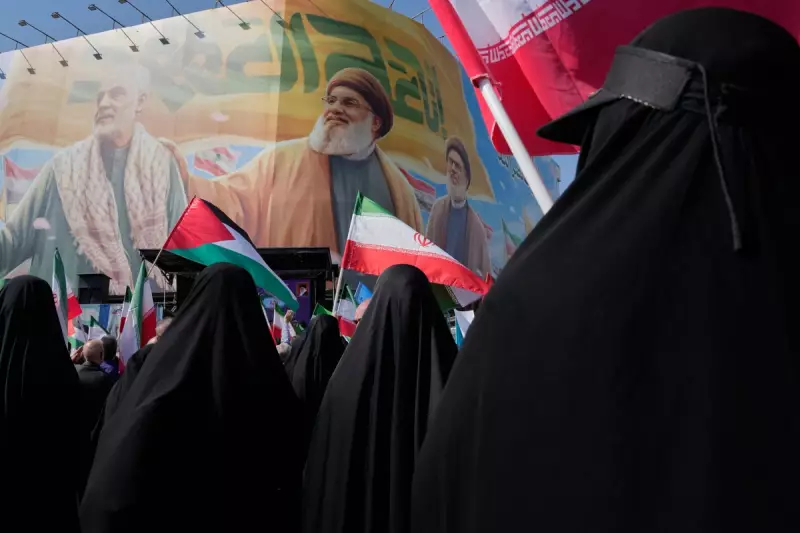
In a significant development that could escalate regional tensions, Iran's Supreme Leader Ayatollah Ali Khamenei has broken his week-long silence regarding Hamas's unprecedented attack on Israel. While vehemently denying any direct Iranian involvement, the powerful cleric offered his strongest public support yet for the Palestinian militant group's actions.
'We Kiss the Hands of Those Who Planned the Attack'
During a carefully orchestrated address to students, Khamenei made his position unequivocally clear. "We kiss the hands of those who planned the attack on the Zionist regime," he declared, framing the assault as a legitimate act of resistance rather than terrorism.
The Supreme Leader's rhetoric took an even more provocative turn as he directly challenged Western accusations of Iranian complicity. "This destructive catastrophe was planned by the Palestinians themselves," Khamenei insisted, adding pointedly, "They are the ones who must be thanked, not the Islamic Republic."
Historical Context and Regional Implications
Khamenei's public endorsement marks a pivotal moment in the ongoing conflict. For years, Iran has maintained a strategic relationship with Hamas while often maintaining plausible deniability about the extent of its support. This open acknowledgment of solidarity represents a significant shift in Tehran's public positioning.
The Supreme Leader framed the Hamas operation as a devastating blow to Israeli intelligence and military prestige. "The Zionist regime's own security and intelligence apparatus suffered an irreparable defeat," he claimed, suggesting the attack had exposed fundamental weaknesses in Israel's defence capabilities.
International Reactions and Diplomatic Fallout
The timing of Khamenei's statement is particularly noteworthy, coming as Western nations including the United States intensify pressure on Iran regarding its nuclear programme and regional activities. The public embrace of Hamas is likely to complicate already strained diplomatic relations and could influence ongoing negotiations.
Meanwhile, former US President Donald Trump weighed in with characteristically blunt criticism, describing the current administration's approach to Iran as "weak and pathetic" during a campaign speech. His comments highlight how the escalating Middle East conflict is becoming increasingly politicised in American domestic politics.
As the humanitarian situation in Gaza deteriorates rapidly, with Israeli airstrikes continuing and supplies running critically low, Khamenei's unequivocal support for Hamas signals that regional powers are preparing for a potentially prolonged and destructive confrontation.






